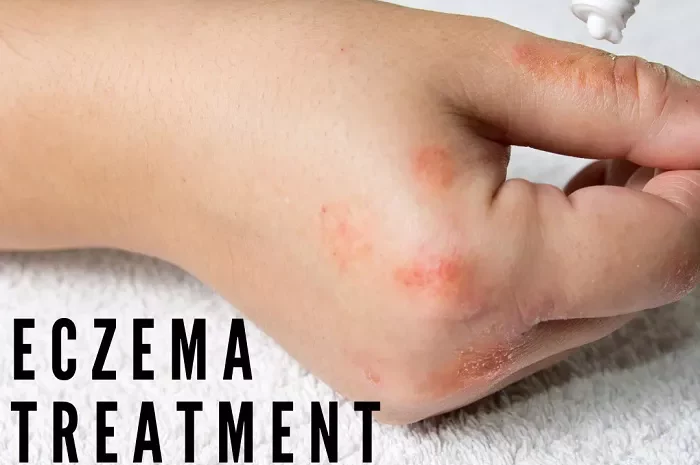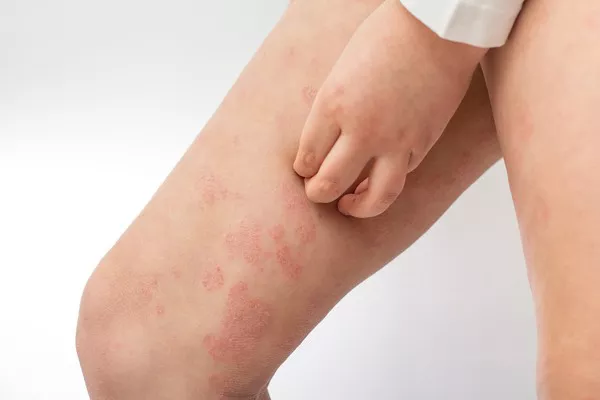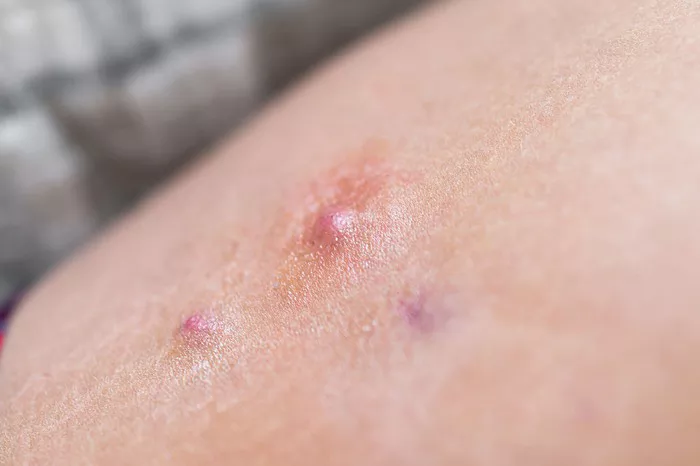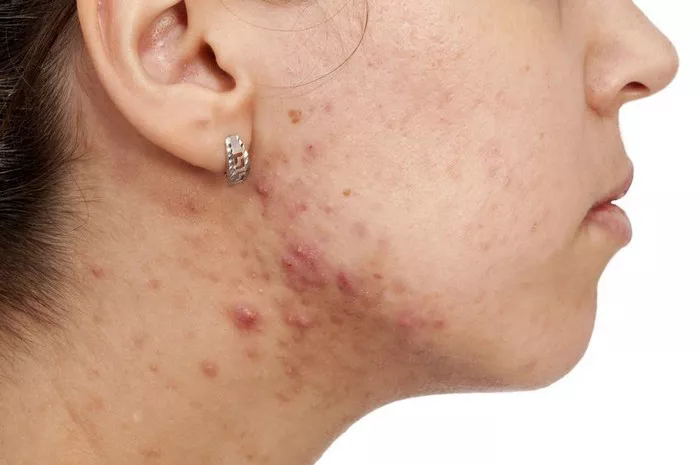Eczema, also known as atopic dermatitis, is a chronic skin condition that causes red, itchy, and inflamed skin. It can affect anyone, but it is most common in children. While there is no cure for eczema, various treatments can help manage symptoms and improve the quality of life for those affected. This article will cover the types of eczema treatments available, their effectiveness, and how to incorporate them into daily life.
Understanding Eczema
Eczema occurs when the skin’s barrier is weak. This allows moisture to escape and irritants to enter, leading to dryness and inflammation. Common triggers include:
- Allergens (like pollen and dust mites)
- Irritants (such as soaps and detergents)
- Weather changes (extreme heat or cold)
- Stress
- Hormonal changes
Recognizing triggers is essential for managing eczema effectively.
Topical Treatments
Topical treatments are creams and ointments applied directly to the skin. They are often the first line of defense against eczema.
1. Moisturizers
Importance of Moisturizers
Keeping the skin hydrated is crucial in managing eczema. Moisturizers help seal in moisture and protect the skin barrier.
Types of Moisturizers
- Creams and Ointments: Thicker and more effective at locking in moisture. Look for products with ingredients like petroleum jelly or glycerin.
- Lotions: Thinner and easier to apply but may not be as effective for severe dryness.
Application Tips
- Apply moisturizer immediately after bathing to trap moisture.
- Use it multiple times a day, especially during flare-ups.
2. Topical Steroids
What Are Topical Steroids?
Topical steroids are anti-inflammatory medications that help reduce redness and itching.
How to Use Them
- Apply a thin layer to the affected areas.
- Use them as prescribed by a doctor, usually once or twice a day.
- Gradually taper off when symptoms improve.
Potential Side Effects
Long-term use can lead to skin thinning and other issues. Always follow a doctor’s guidance.
3. Calcineurin Inhibitors
What Are Calcineurin Inhibitors?
These are non-steroidal medications that help reduce inflammation and itching.
Examples
- Tacrolimus (Protopic)
- Pimecrolimus (Elidel)
How to Use Them
- Apply to affected areas twice daily.
- Can be used on sensitive areas like the face and eyelids.
Advantages
They have a lower risk of side effects compared to topical steroids.
Oral Medications
For moderate to severe eczema, oral medications may be necessary.
1. Antihistamines
What Are Antihistamines?
These medications help reduce itching by blocking histamine, a substance released during allergic reactions.
Types
- First-generation antihistamines (like diphenhydramine) can cause drowsiness.
- Second-generation antihistamines (like cetirizine) are less sedating and suitable for daytime use.
When to Use
Take them at night to help with sleep disturbances caused by itching.
2. Corticosteroids
What Are Corticosteroids?
Oral corticosteroids can help control severe inflammation during flare-ups.
Common Options
- Prednisone
- Methylprednisolone
Usage Considerations
These should be used short-term due to potential side effects, such as weight gain and increased blood sugar.
3. Immunosuppressants
What Are Immunosuppressants?
These medications reduce the immune system’s activity, helping to control eczema.
Examples
- Cyclosporine
- Methotrexate
When Are They Used?
For severe eczema that doesn’t respond to other treatments, especially in adults.
Biologics
What Are Biologics?
Biologics are newer medications that target specific parts of the immune system. They are used for moderate to severe eczema that hasn’t responded to other treatments.
Examples
- Dupilumab (Dupixent)
How They Work
Biologics block certain proteins involved in the inflammatory process, reducing flare-ups and improving skin health.
Administration
Most are given via injection every few weeks.
Light Therapy
What Is Light Therapy?
Light therapy involves exposing the skin to controlled amounts of natural or artificial light. It can reduce inflammation and improve skin condition.
Types of Light Therapy
- PUVA: Combines a drug called psoralen with UVA light.
- Narrowband UVB: Uses a specific wavelength of UV light.
How It Works
Regular sessions under medical supervision can help decrease eczema symptoms.
Lifestyle Changes
In addition to medications, certain lifestyle changes can help manage eczema.
1. Identify Triggers
Keep a Diary
Track what triggers your eczema flare-ups. Note foods, environmental factors, and stress levels.
2. Avoid Irritants
Common Irritants
- Harsh soaps and detergents
- Fragrances
- Scratchy fabrics
How to Protect Your Skin
Use gentle, fragrance-free products and wear soft, breathable fabrics like cotton.
3. Bathe Wisely
Bathing Tips
- Take shorter baths or showers with lukewarm water.
- Use mild, fragrance-free cleansers.
- Pat the skin dry gently and apply moisturizer immediately after.
4. Manage Stress
Why Stress Matters
Stress can trigger or worsen eczema. Incorporate stress-reducing activities into your routine.
Activities to Consider
- Yoga
- Meditation
- Deep-breathing exercises
Dietary Considerations
Some people find that certain foods can trigger their eczema.
1. Identify Food Triggers
Common Food Triggers
- Dairy
- Eggs
- Nuts
- Wheat
How to Identify
Consider an elimination diet under a healthcare provider’s guidance. Remove suspected foods for a few weeks, then reintroduce them one at a time.
2. Anti-Inflammatory Foods
Helpful Foods
- Fatty fish (like salmon)
- Fruits and vegetables rich in antioxidants
- Whole grains
Incorporating these foods may help reduce inflammation.
Alternative Treatments
Some individuals explore alternative treatments for eczema. While research is limited, some options may provide relief.
1. Probiotics
What Are Probiotics?
Probiotics are beneficial bacteria that support gut health. Some studies suggest they may help improve eczema symptoms.
Sources
- Yogurt
- Kefir
- Fermented foods
2. Herbal Remedies
Common Herbal Options
- Chamomile
- Calendula
- Aloe vera
These may soothe irritated skin, but consult a healthcare provider before use.
When to See a Doctor
If home treatments and lifestyle changes do not improve your eczema, it is essential to consult a healthcare professional. Seek medical advice if:
- Symptoms worsen or spread
- You develop signs of infection (increased redness, pus, or fever)
- You have difficulty sleeping due to itching
Conclusion
Eczema can be a challenging condition to manage, but many treatment options are available. A combination of topical treatments, oral medications, lifestyle changes, and alternative therapies can help control symptoms and improve the quality of life. Always consult with a healthcare provider to create a personalized treatment plan that works best for you. With the right approach, you can effectively manage eczema and reduce its impact on your daily life.
Related topics:



























